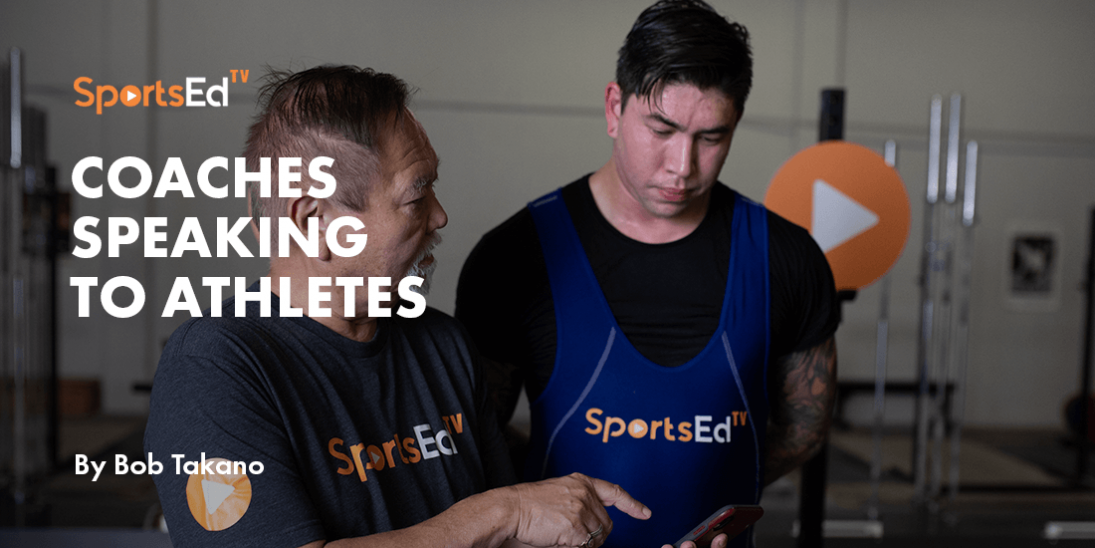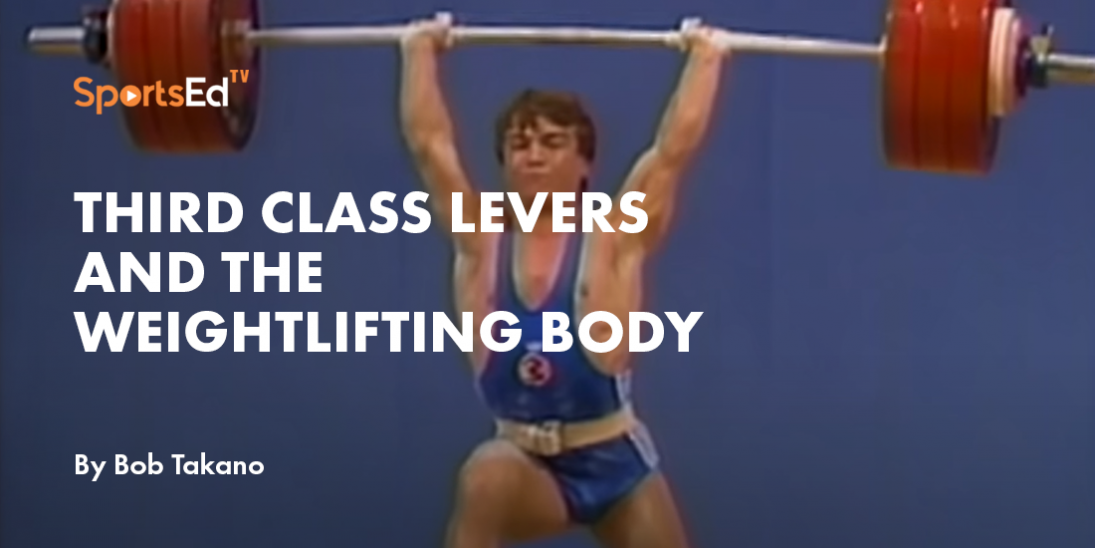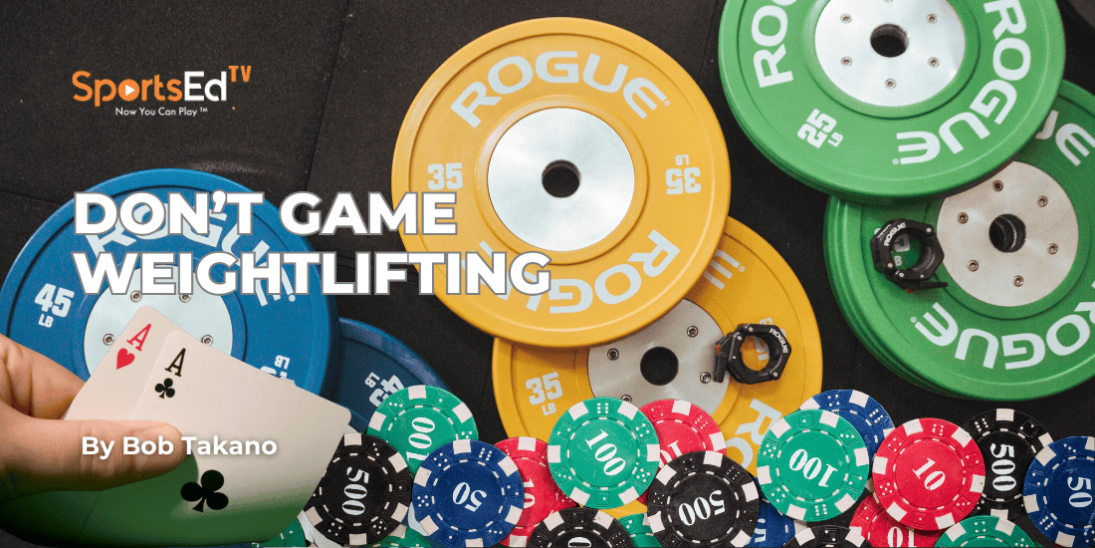Weightlifting
Welcome and thanks for visiting...

Coaching Communication Strategies: Enhancing Athlete Performance and Self-Esteem

Last week I sat through the U.S.O.C.’s Safe Sport training to maintain my coaching credential with U.S.A. Weightlifting. Then, this past weekend I taught USAW’s Level 2 Coaching Course. Both courses had small portions dedicated to avoiding the practice of speaking harshly to athletes.
Balancing Effective Communication and Self-Esteem
I was a secondary science teacher for 40 years and sat through my share of what is euphemistically called professional development training. Many of them were centered around the theme of self-esteem. The self-esteem movement gained traction in this country and hinted that many of society’s ills could be solved by addressing self-esteem issues. I can sense the aroma of self-esteem. That’s the aroma I got from experiencing the two previously mentioned portions. Now, I don’t believe that abusive language serves much of a beneficial purpose in coaching. But as far as improving sports performance goes, neither does unwarranted complimentary comment. Self-esteem can be developed through sports participation, but it does not happen by issuing incessant platitudes.
Sporting events take place at a rapid pace. Decisions must be made by athletes and coaches on an almost instantaneous basis. A coach providing advice to an athlete often involves very direct, unfettered language. What needs to be understood by all parties is that coaching advice must be provided quickly and in an unambiguous manner.
The Role of Coaching in Athlete Development
Many coaches do develop self-esteem in their athletes, but they do it by developing effective channels of two-way conversation and offering unambiguous advice that will lead to mastery of skills and performance. They create circumstances that allow athletes to rise to challenges. Now, there are incompetent coaches who have not mastered the specifics of coaching their own sport and thus end up issuing rebukes and platitudes instead of offering sound coaching advice.
One factor overlooked by self-esteem advocates is that many athletes are confident, competitive individuals and often have a long history of being able to sense insincerity. As in so many situations in coaching, the approach must be case by case. Some individuals may need to have their self-esteem bolstered, but many will not. Good coaches will inspire self-esteem by behaving in a measured, confident manner. All situations will not be solved by addressing self-esteem, and in fact, an overemphasis on self-esteem could hinder some athletes’ performance. Sound coaching as a goal is a much better alternative.








